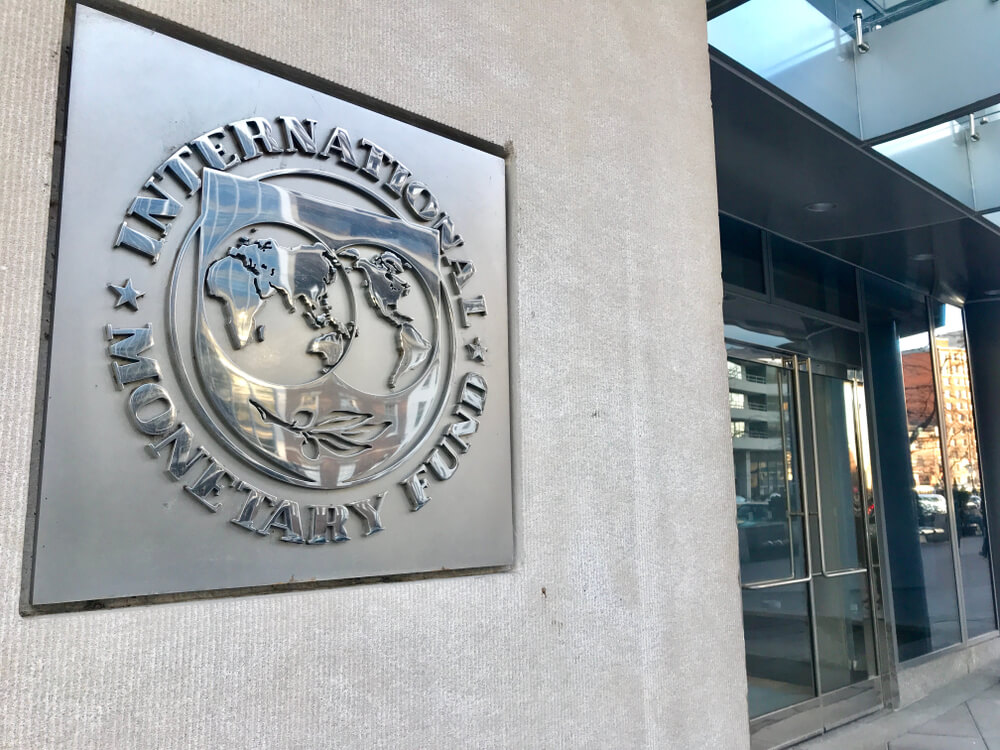The International Monetary Fund (IMF) has reiterated its call for more robust regulatory oversight of the Crypto ecosystem.
This includes “strict prudential requirements” for stablecoin issuers, following the depegging of USD Coin and Dai.
In its Global Financial Stability Report released on April 11, the IMF highlighted the failures of cryptocurrency firms, including FTX, as well as the collapse of crypto-friendly banks, such as Silicon Valley Bank and Signature Bank, as evidence for the need for comprehensive and consistent regulation and adequate supervision.
The IMF’s report underscored the spillover effects that the failure of Silicon Valley Bank had on the crypto ecosystem and financial institutions exposed to it, resulting in the depegging of two stablecoins and the demise of Signature Bank of New York.
The IMF believes these events reinforce the need for appropriate regulation of entities in the crypto asset ecosystem, including the storage, transfer, exchange, and custody of reserves for digital assets.
The IMF cited the collapse of FTX as an event that created significant contagion in the ecosystem, contributing to a rough year for the crypto industry in 2022.
The report noted that the impact outside of the crypto space due to these collapses was largely limited. Despite the criticism of cryptocurrencies and digital assets, the IMF has reportedly leaned towards regulating digital assets rather than outright banning them.
The IMF’s renewed calls for regulatory oversight of the digital asset ecosystem come ahead of the Financial Stability Board’s (FSB) plans to publish its own recommendations for regulatory and supervisory approaches to crypto assets and stablecoins in July 2023.
The G20 also plans to release a synthesis paper integrating the macroeconomic and regulatory perspectives of crypto assets in coordination with the IMF in September.
IMF Crypto Regulation
In conclusion, the IMF’s Global Financial Stability Report serves as a reminder of the need for regulatory oversight of the digital asset ecosystem.
The failures of cryptocurrency firms and crypto-friendly banks in recent years underscore the importance of adequate supervision and “strict prudential requirements” for stablecoin issuers. As the FSB and G20 work on their recommendations for regulatory and supervisory approaches to crypto assets and stablecoins, the crypto industry must prepare for the likelihood of increased regulatory scrutiny and adapt to ensure its long-term viability.
